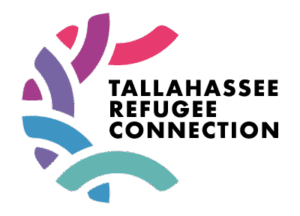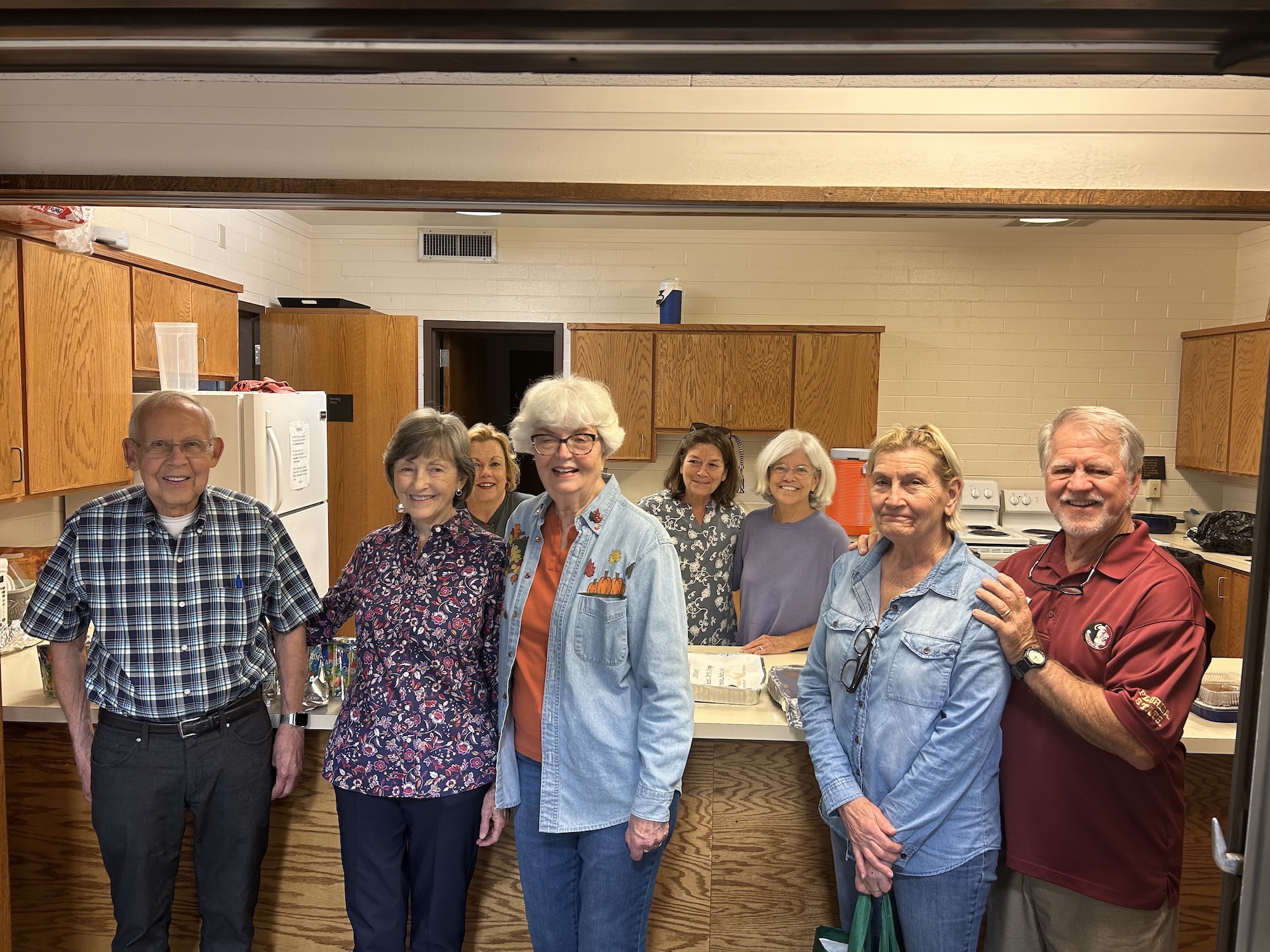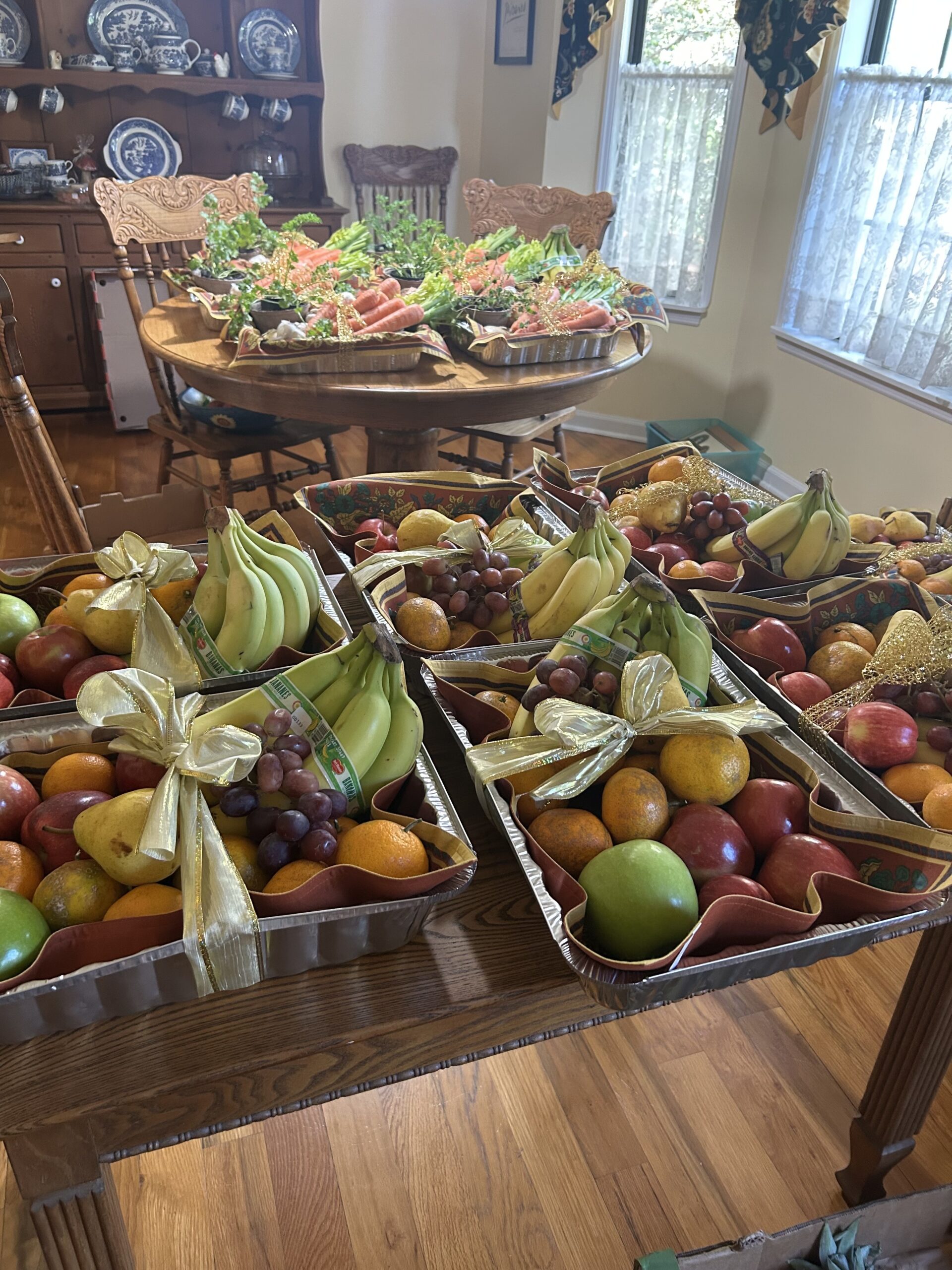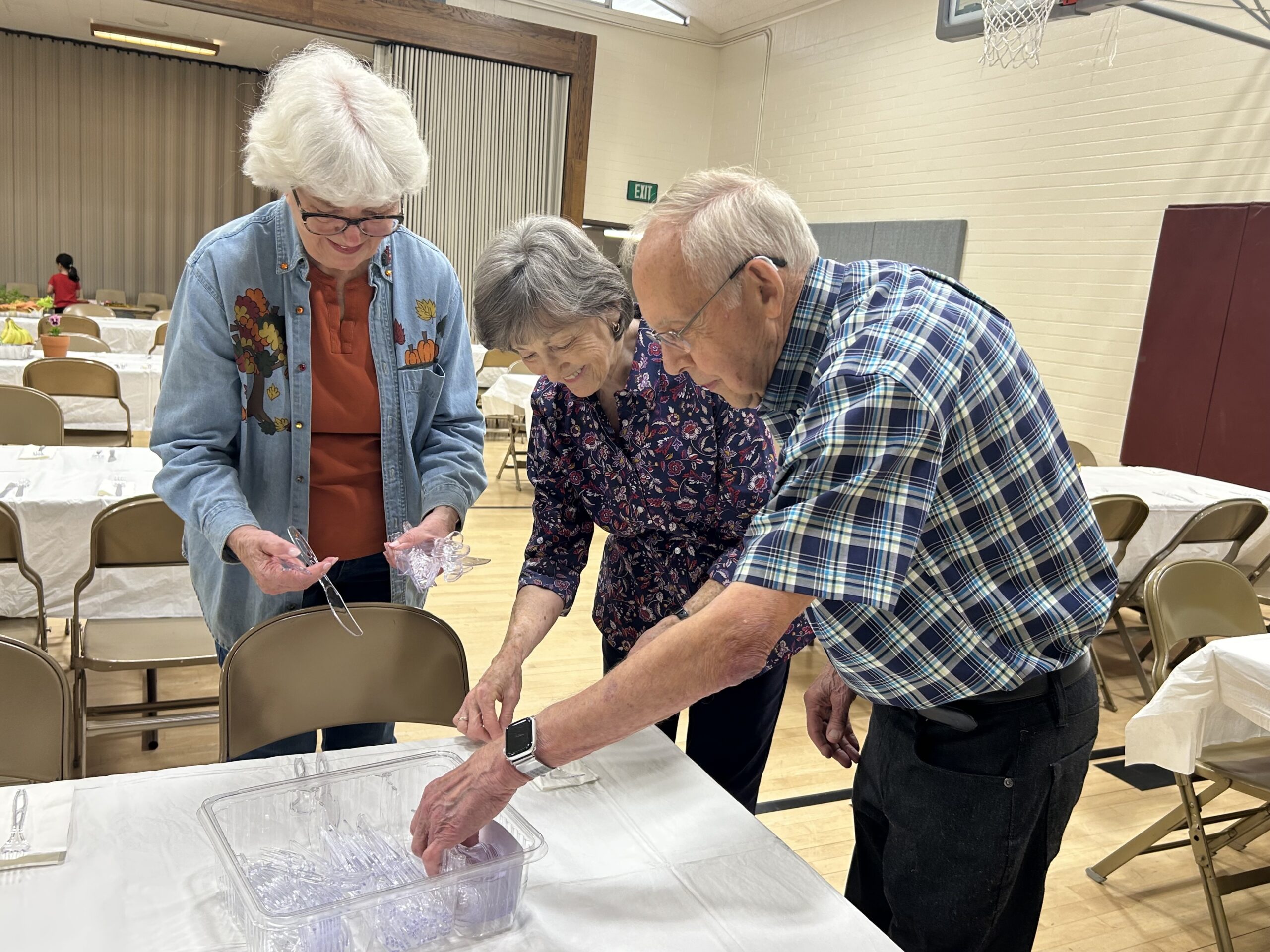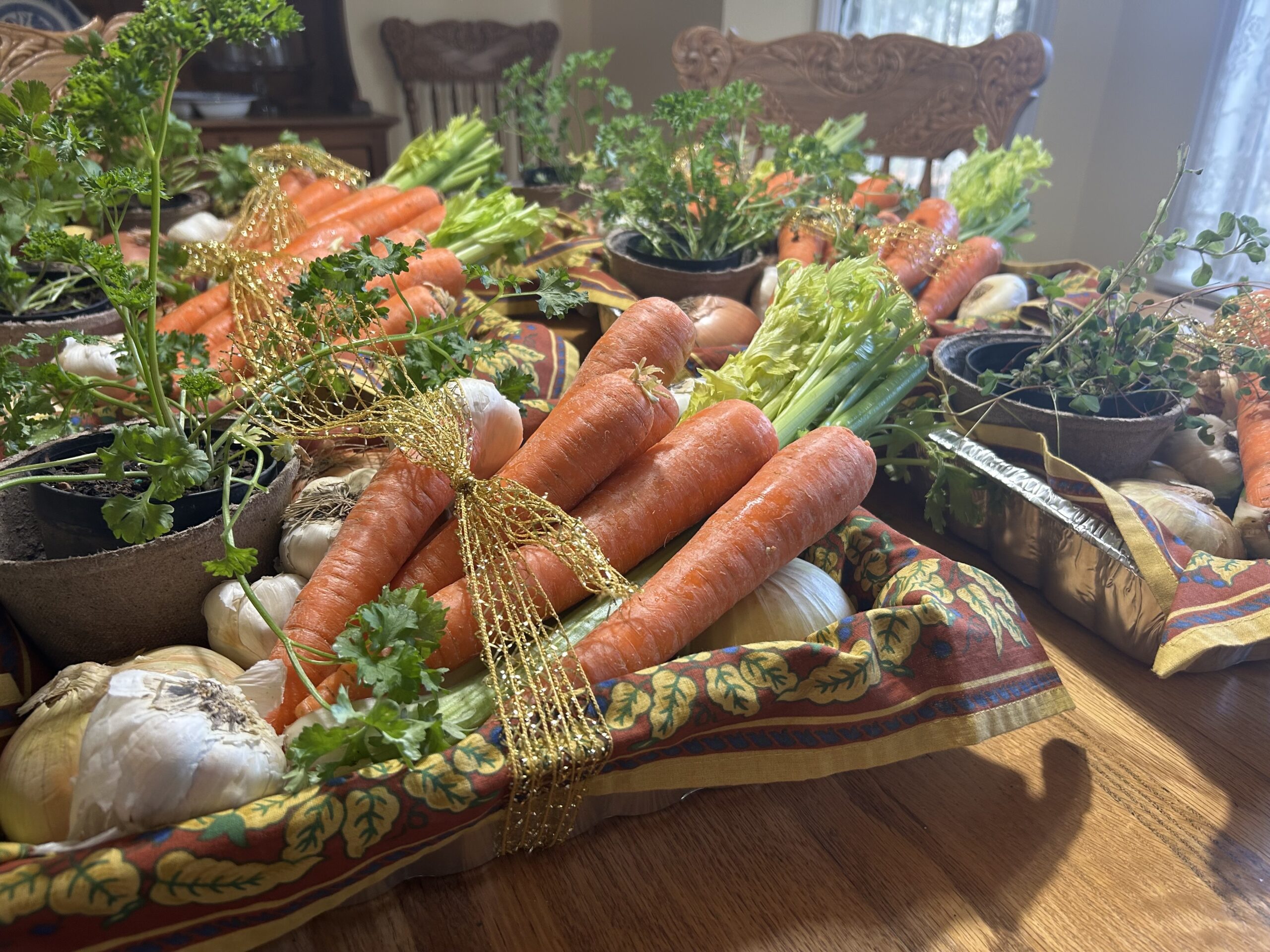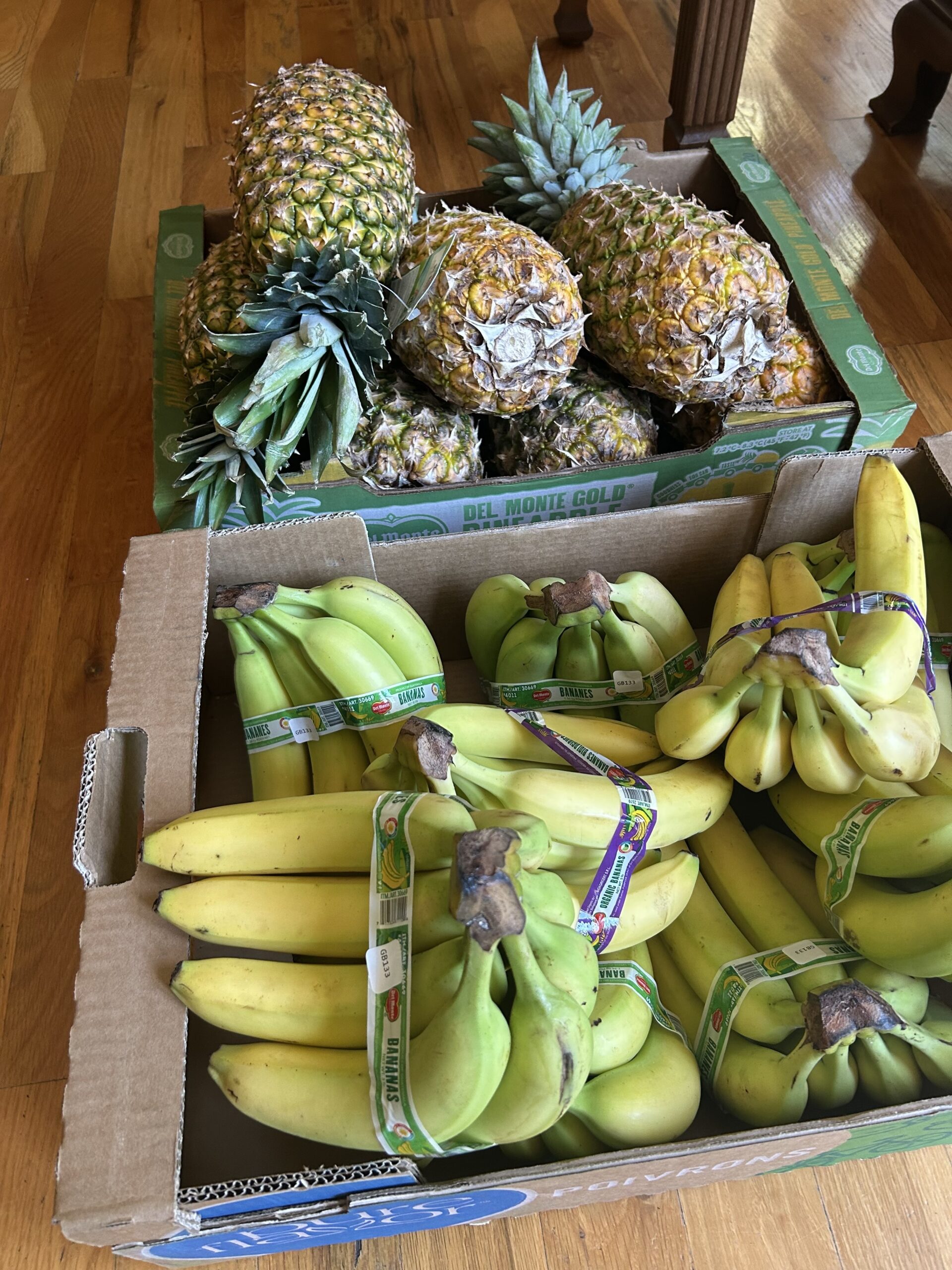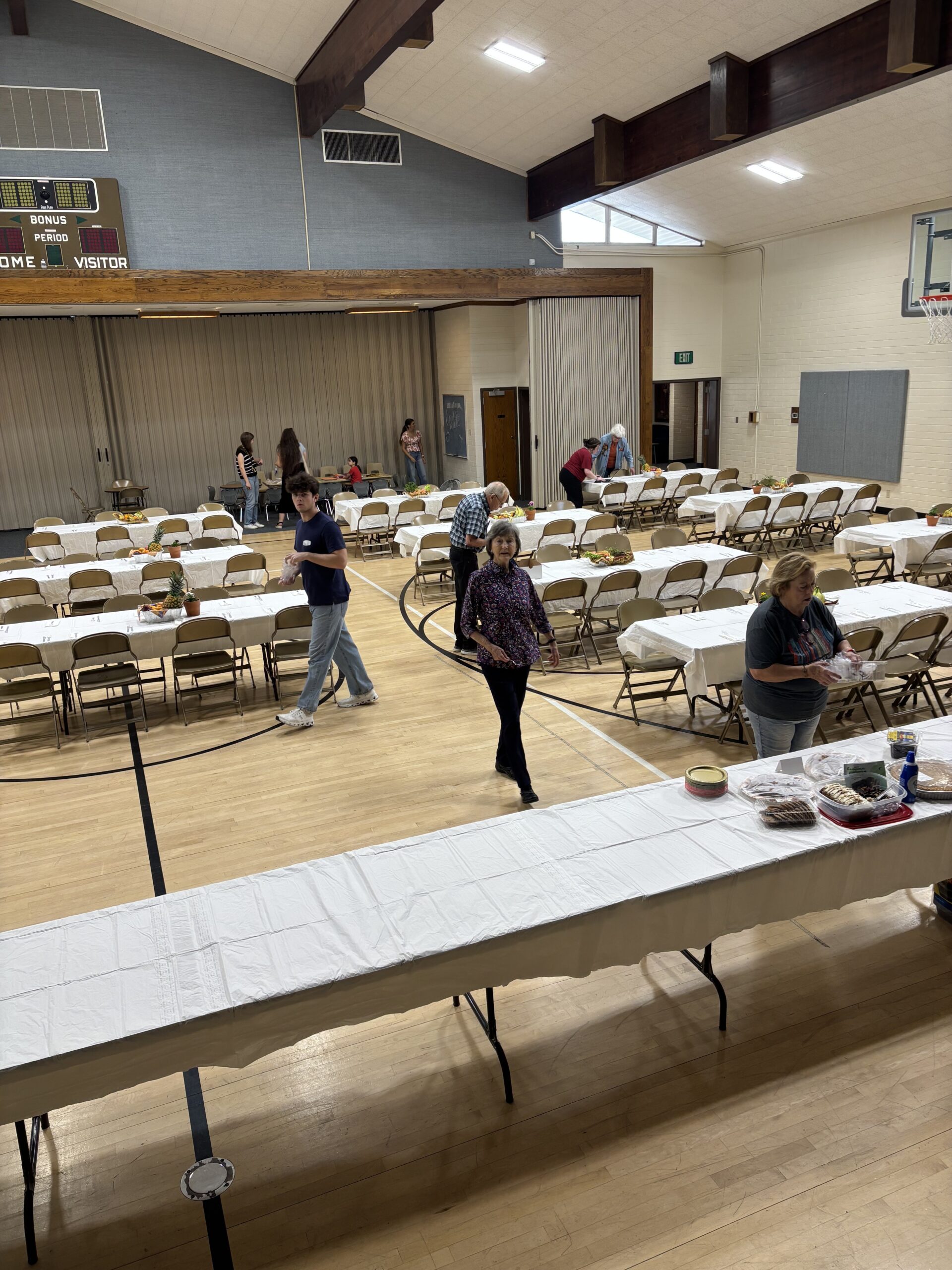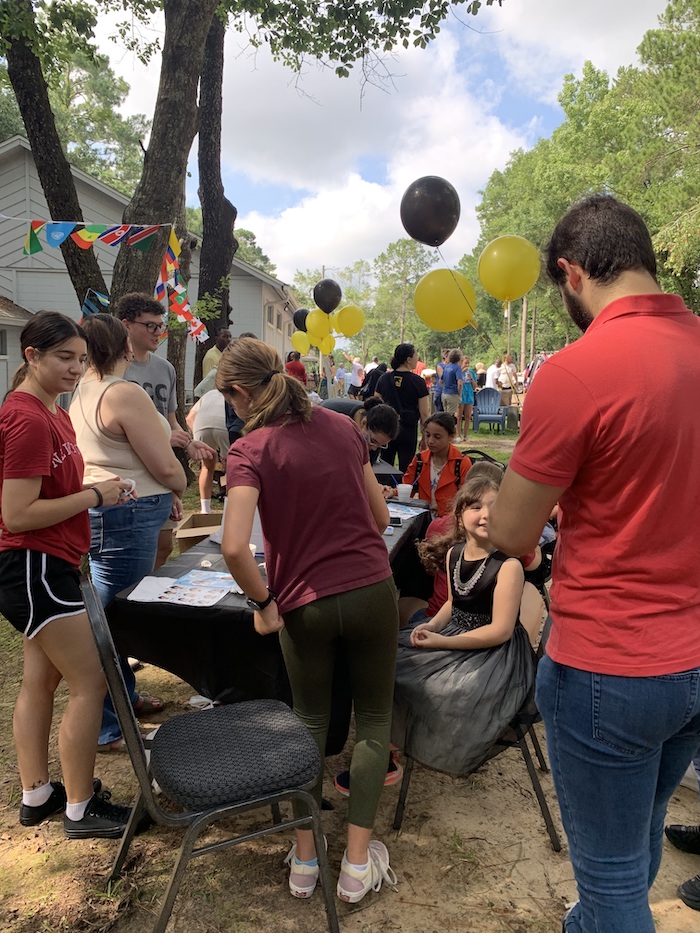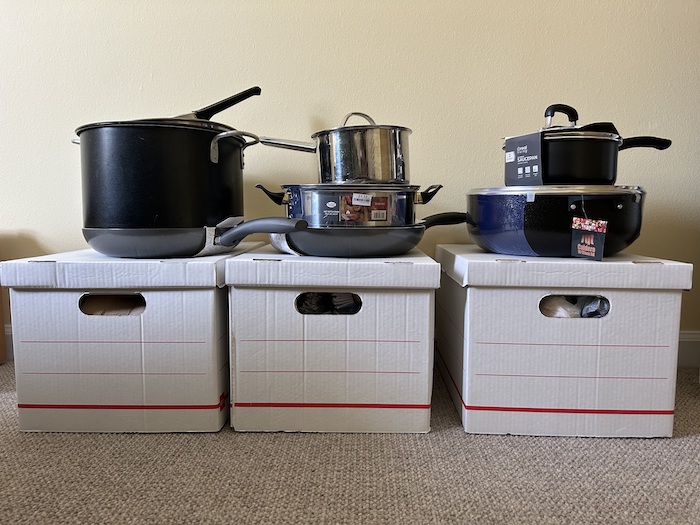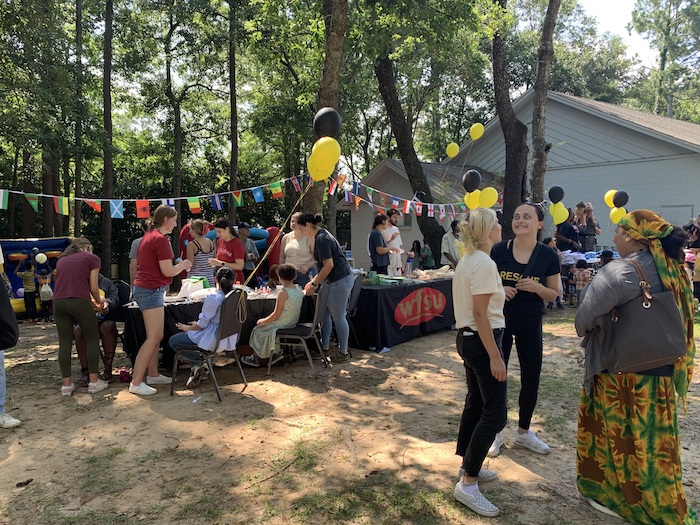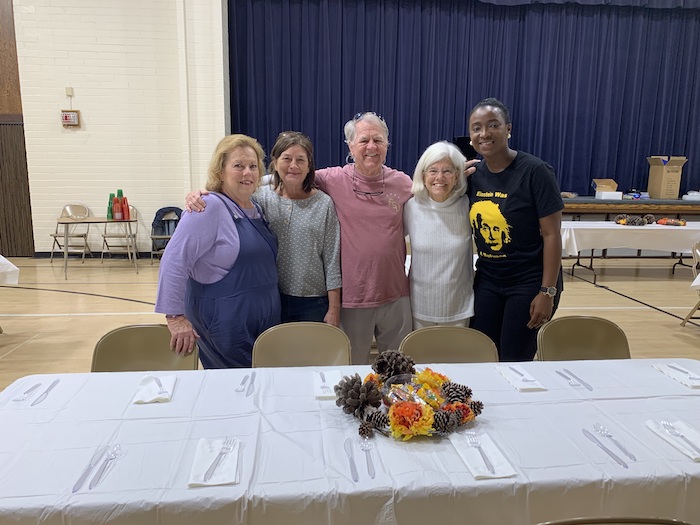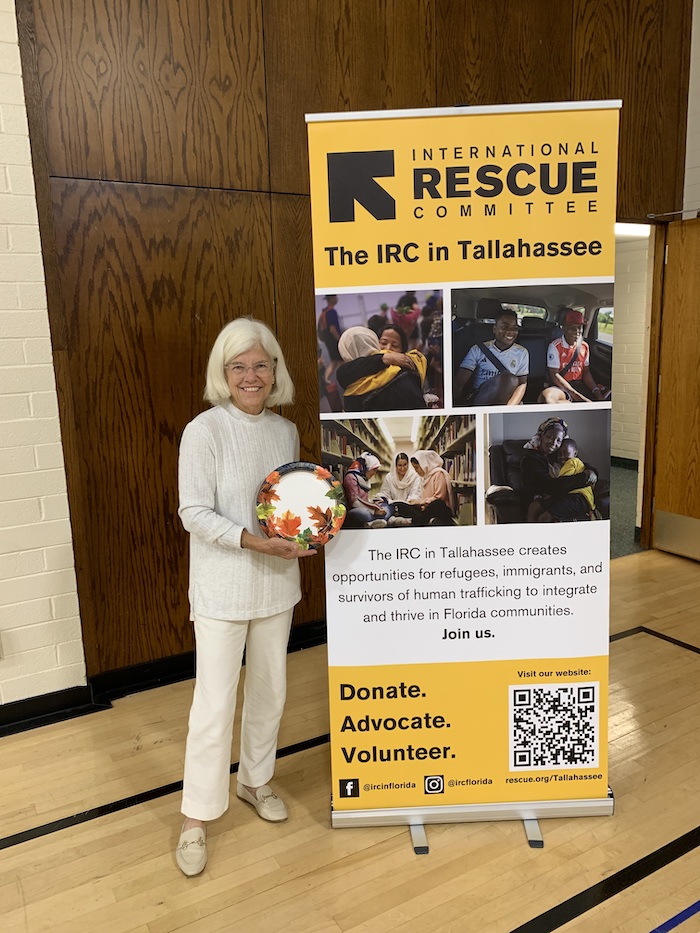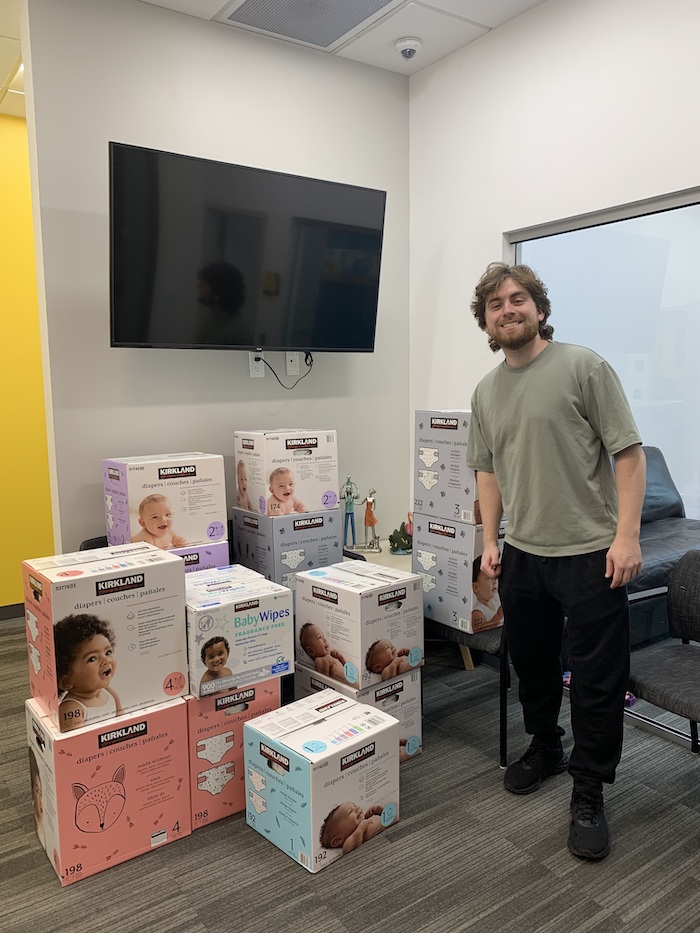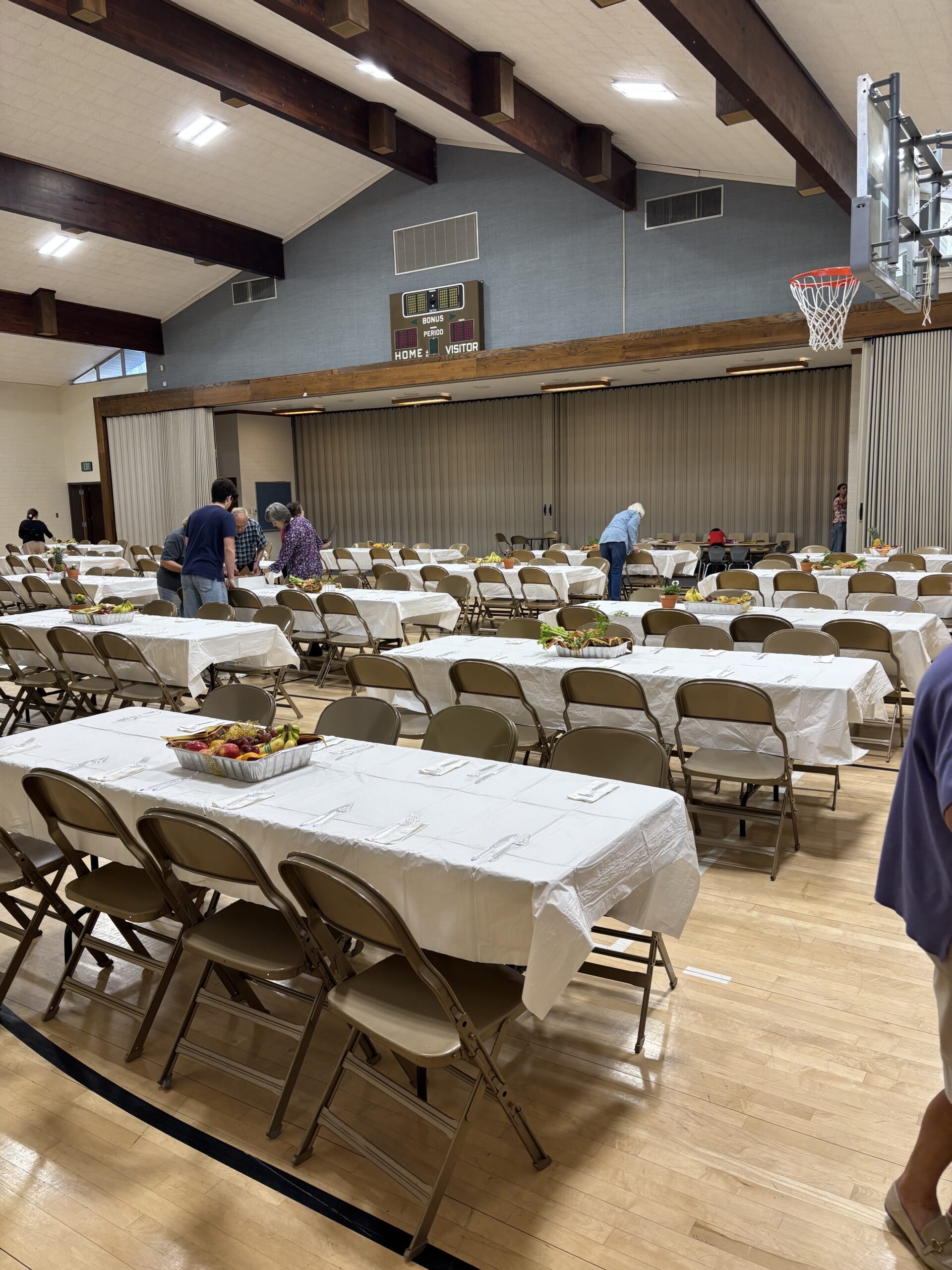Tallahassee is home to hundreds of refugees, who are here legally because they fled persecution in their home countries. Most of our refugee families are from Syria, the Democratic Republic of Congo, Afghanistan, and Latin America. They are working hard to learn English, further their education, find and keep jobs, learn new cultural practices, and navigate health care and transportation systems. They need our help.
Emergency Housing Help
With significant cuts to federal resettlement agencies and the challenge of increased living costs, some of our refugee neighbors are struggling to get by, even facing eviction. Fortunately, our local Emergency Care Help Organization (ECHO) has stepped in to provide short-term rent assistance, helping more than a dozen families avoid eviction and homelessness. But we need additional community support to build up the Refugee Emergency Housing Fund to fill this critical need.
How you can help: Make a personal donation. Ask your church or place of worship to put a donation request and link in your bulletin or newsletter announcement - or have a special collection. Organize your civic, social, or neighborhood organization to raise funds for this important cause.

Latin American refugees
In Colombia, a family of six happily lived and worked in the capital, until the hard-working, devoutly religious father witnessed a drug cartel murder. A price was put on his head, and the family fled to a refugee camp in Nicaragua, where they lived for years. They were granted asylum into America and then arrived in Tallahassee, where they have been working hard to make a new life in a country, despite knowing no English, and never before driving a car. Despite every challenge, they are grateful to be safe and and are happy to have this second chance at life.
Syrian refugees
Syrians have been bleeding out of their country (literally and figuratively) for over 40 years, due to the Assad family's long and brutal rule. Almost 7 million Syrians have fled the country, with many spending years and years in refugee camps in Jordan and Lebanon. One family that was resettled to Tallahassee in February has a 6-year-old boy who has never lived in a home that was not a tent. He has spent his entire life in a refugee camp in a foreign country and, until now, had never slept in a bed.
Afghan refugees
We've all seen the horrifying images of Afghan families separated by the danger, rush and chaos outside the Kabul airport. Most of those who were lucky enough to make it into the American military cargo planes and to safety in America became fragmented families, including one of our Tallahassee refugee families. A mom and dad each took two kids in different cars and headed to the Kabul airport. They separated because, if caught together, this family of six might have been identified by the Taliban as trying to escape - a circumstance that got other families incarcerated or killed. In the case of this family, one car made it, and the other didn't. Now, a 74-year-old father now living near FAMU may never again see his wife of over 50 years or his son and daughter. The son and daughter that made it to America with their dad may never see their mom and siblings ever again. They mourn their separation every day of their lives in both countries.
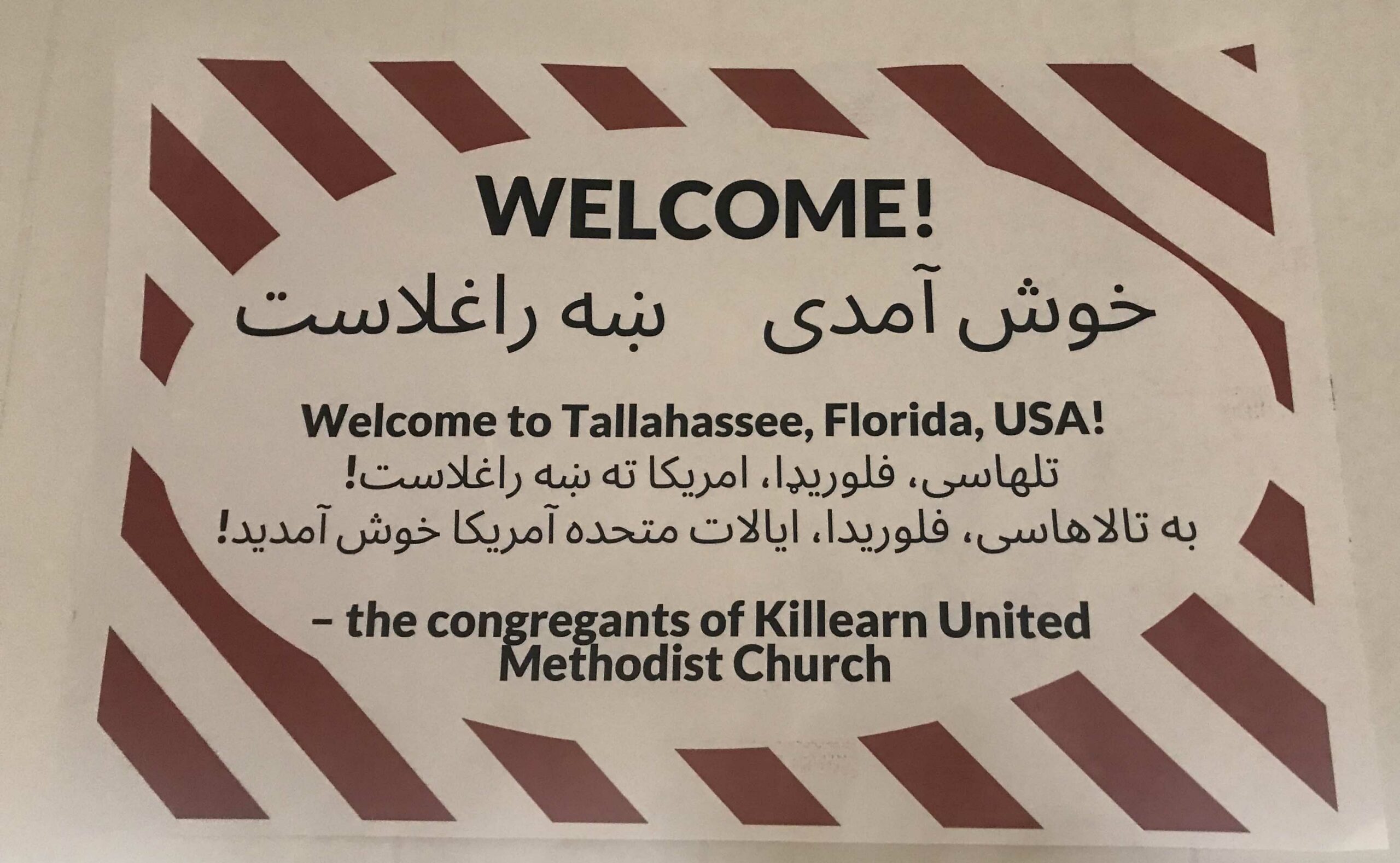
About TRC
The Tallahassee Refugee Connection is a volunteer group of individuals, churches and other houses of worship, and civic groups helping the International Rescue Committee (IRC) meet the needs of Tallahassee's refugees.
Befriend a Refugee Family
Our refugee families are much better positioned to succeed when they have community members walking alongside them. If your place of worship or civic group would like to befriend a refugee family and help them where you can, please contact Candace McKibben at cturtle55@comcast.net to be matched with a family.
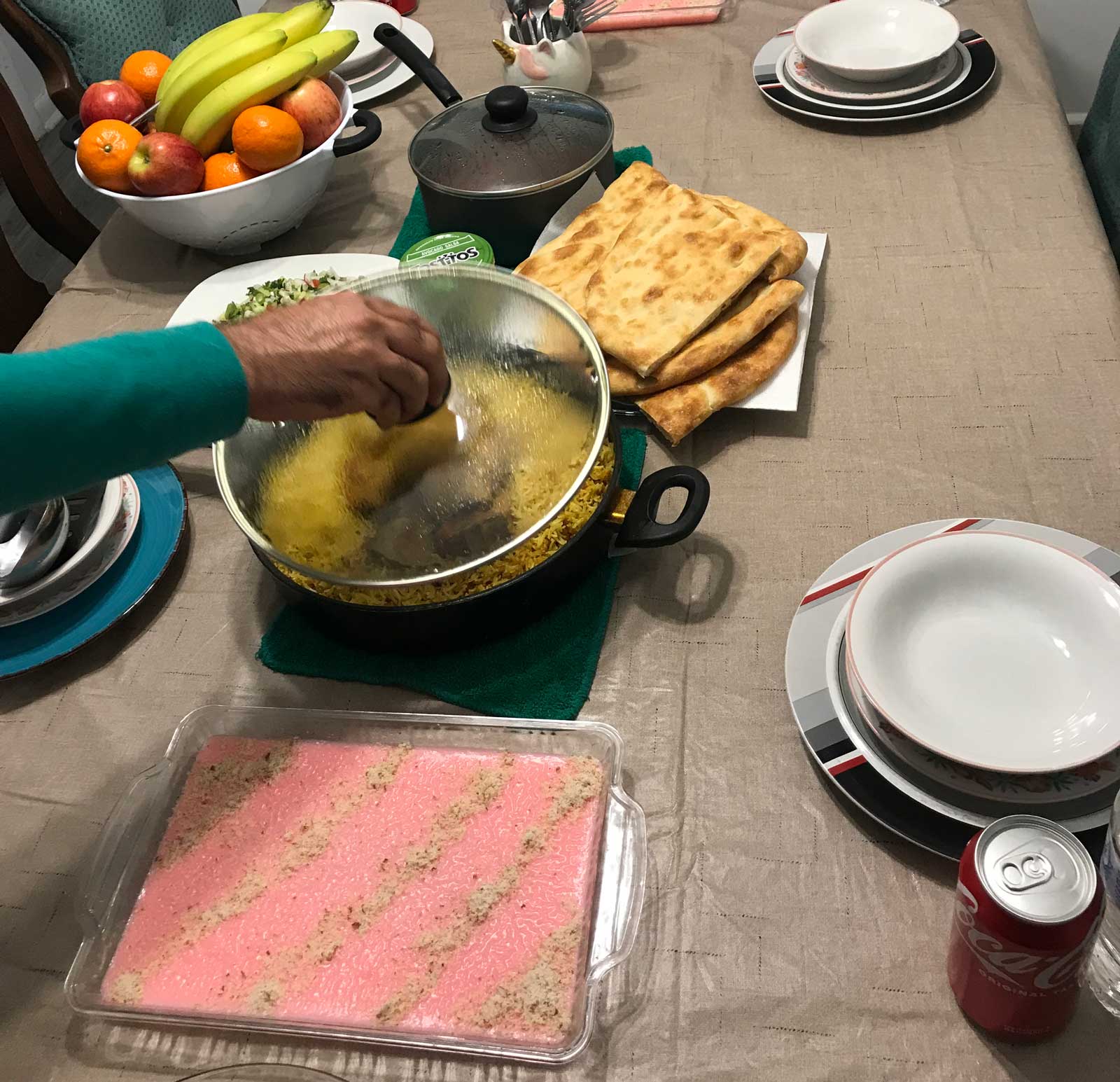
Jobs, Jobs, Jobs!
Our refugee families need help finding jobs, especially some that require minimal English. If you are an employer or can connect a refugee with a job, please contact Ken Boutwell.
News
This Thanksgiving Feast for Refugees feeds the body and the soul
A year ago, a dear friend and staff member at the International Rescue Committee (IRC) in Tallahassee, along with other committed employees and volunteers, dreamed of sharing a special meal with refugee families.
Tallahassee becomes haven to refugee families fleeing their war-torn homes
The IRC anticipates welcoming approximately 450 individual refugees to Tallahassee by the end of fiscal year 2024.
Longleaf pine Thanksgiving centerpiece honors resilience | Candace McKibben
I do not remember ever thinking about pinecones being a crop, nor about a fluctuation in the number of pinecones from year to year.
